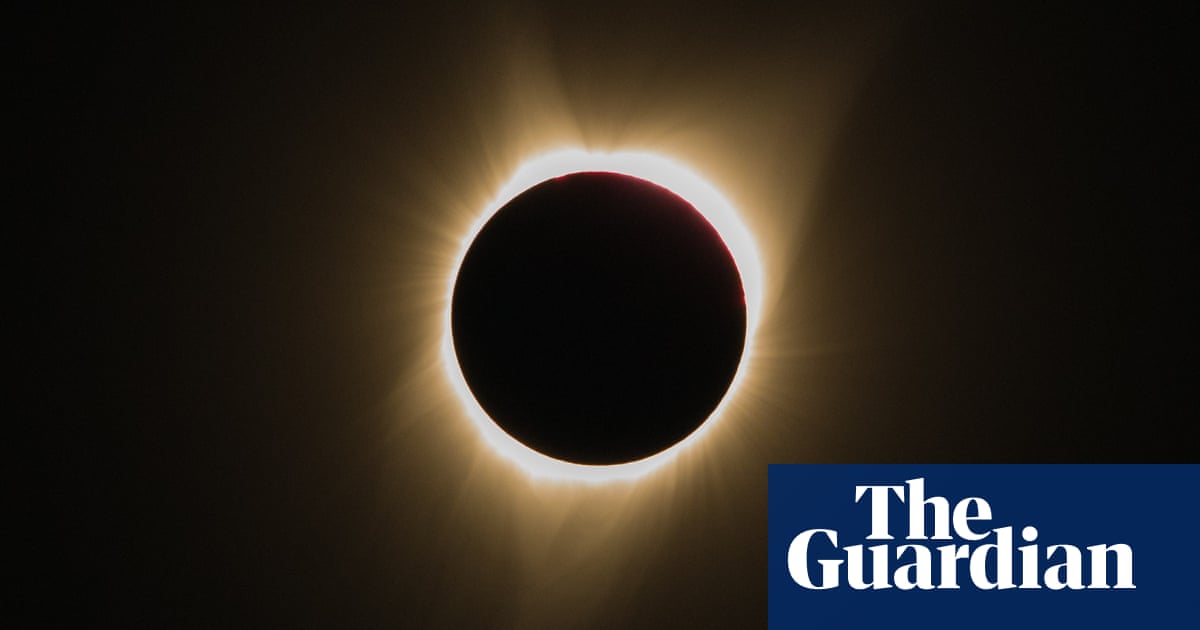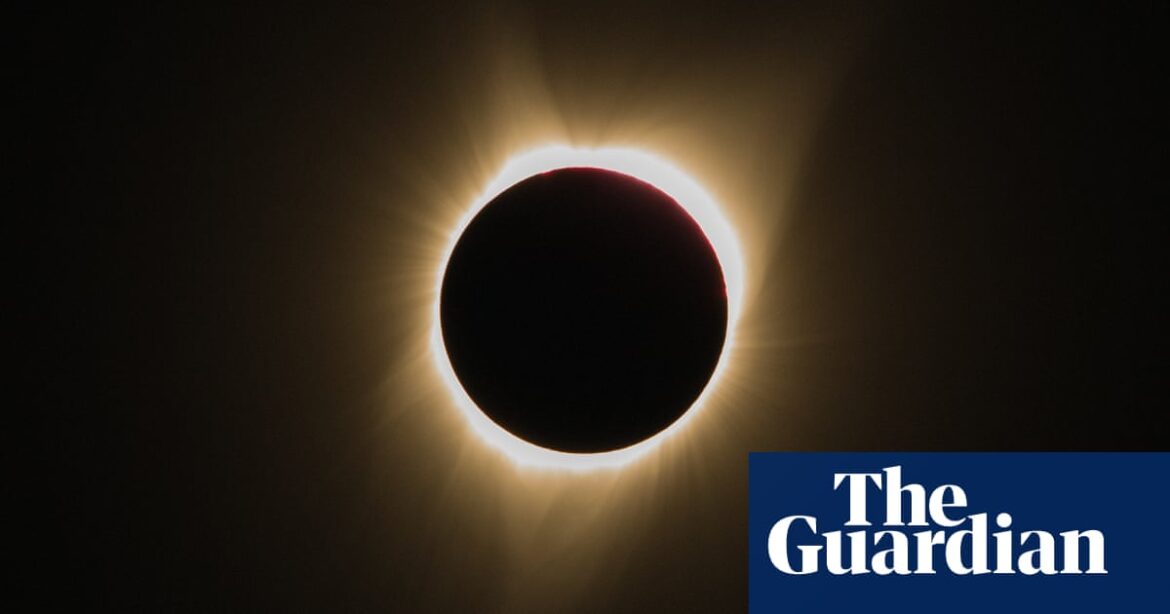
Should the weather gods grant their blessing, a celestial show for the ages will darken the heavens over a large swathe of the US from Texas to Maine on Monday, giving tens of millions of people a grandstand view of a rare phenomenon being billed as “the Great American Eclipse”.
It will be another 20 years until the next total solar eclipse can be viewed anywhere in the contiguous US, lending extra incentive for many who live outside the 115-mile wide “path of totality” to travel in and experience the moments of twilight, stillness and a sudden temperature drop the event will bring.
Such is the interest in the eclipse that countless cities and states in the US and Canada have declared a state of emergency in expectation of enormous crowds; energy suppliers in Texas are warning of a significant, albeit temporary loss in power generation; and numerous schools, offices and public buildings in the 15 states that will experience totality will close.
Other dark clouds gathering over the show are more literal. Rain forecast for southern and central parts of the US for Monday afternoon might mean the best viewing will be in the east, and through Nasa’s live stream or television coverage.
But astronomers say for those who are fortunate enough to be able to watch in person, the eerie darkness of a total eclipse, sandwiched by the spectacular, ever-changing light display of the moon moving directly across the face of the sun, is an unexpectedly intense and ethereal experience.
It’s why Nasa advises eclipse watchers that, as well as looking out for bright planets and stars in the darkened sky, and viewing the stunning image of the blacked-out sun through eclipse safety glasses, “It’s worth stealing a peek at the people around you. Many people have a deep emotional response when the sun goes into totality.”
John Gianforte, professor of space science at the university of New Hampshire, and director of its observatory, concurs.
“I’m a scientist, and yes, there’s data, there’s facts, there’s observations and discoveries, papers to write, all of that. But I’ve seen five solar eclipses and, really, they’re like nothing else,” he said.
“For the 2017 eclipse, my family and I, and some friends from my childhood, were in Tennessee. We had glorious weather up in the mountains, and it was the most emotional celestial event that I’ve ever seen, my wife and my kids, their friends and my grandkids, all yelling and screaming about something happening in the sky.
“I get emotional thinking about it. It was an amazing experience as a parent, a friend, a grandfather, truly one of the most touching moments that I can remember in my whole life. It was just fun to watch, and people who’ve seen one understand why people get emotional and make a big deal about traveling to watch a total solar eclipse.”
What makes this year’s eclipse so special, Gianforte says, is its size. Nasa estimates more than 31 million people live in the path of totality, almost three times as many as were in the narrower, and shorter pathway of 2017’s coast-to-coast eclipse, and another 4 to 5 million are expected to travel in, bringing with them an expected $1.5bn tourism bonanza.
Additionally, the time of totality – the period in which the moon completely blocks out the sun – will be much longer. Along the center of the pathway, it will range from about four and a half minutes in Eagle Pass, Texas, where the eclipse starts at about 1.27pm CT after crossing the Mexico border, to almost three and a half minutes in Maine, where it exits the US and traverses eastern Canada towards the Atlantic.
Totality will also cross Oklahoma, Arkansas, Missouri, Illinois, Kentucky, Indiana, Ohio, Pennsylvania, New York, Vermont and New Hampshire, plus small parts of Tennessee and Michigan. Nowhere outside the path will experience a total blackout, but a partial eclipse of descending percentage will be visible in almost the entirety of North America determined by proximity.
“After people see a total solar eclipse, the first question they ask is when the next one is. Well, this is the next one, it cuts across a heavily populated and accessible path, and a lot of big cities, so it’s creating a lot of interest,” Gianforte said.
“A lot of the kids who saw the 2017 eclipse, and had their interest spurred, are in high school, or maybe college, and capitalizing on another opportunity. It’s another 20 years until the next one, and that’s a long time to wait.”
Nasa, meanwhile, insists the eclipse is not merely a breathtaking visual spectacle, but also an opportunity for some real science. The space agency, in partnership with Florida’s Embry-Riddle Aeronautical University, will fire rockets into the moon’s shadow during the eclipse to study how Earth’s upper atmosphere is affected by the momentary dimming of sunlight.
It has also enlisted an army of citizen scientists to help with a range of projects exploring the effects and mysteries of a solar eclipse. Among them is Eclipse Megamovie, in which the public is invited to use DSLR cameras to capture images of the solar corona during the total eclipse, or help analyze them following it.
“Solar physicists don’t know how much of the sun’s mass is leaving the sun,” Laura Peticolas, project director from California’s Sonoma State University, told Space.com. “Total solar eclipses provide information to the solar community that can’t be provided in any other way.”
Source: theguardian.com



